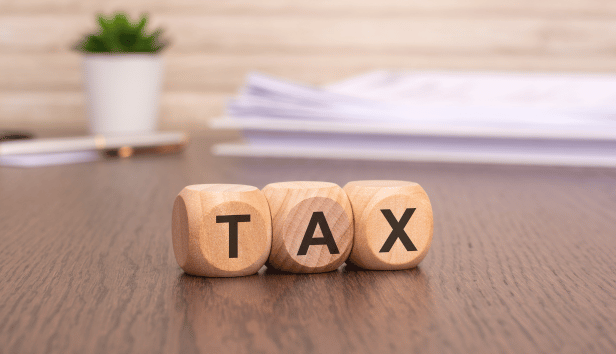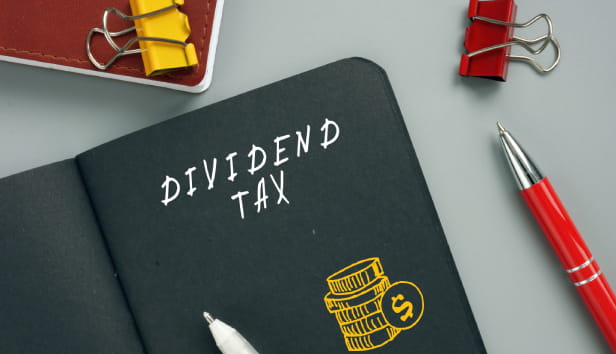

When Tess Caven received a text asking her to pay a parking fine, she assumed she’d been caught by a camera.
Tess had driven to Cambridge for a meeting and noticed her usual car park had changed from cash to an app, so she decided to park elsewhere.
“As I drove out, I saw there were cameras, so I was half expecting to get a ticket. I took a photo of my car where I parked and kept the receipt in case I needed proof,” says Tess, 59, from Essex.
“The next day, I got a text saying I had a parking fine. It seemed very authentic and when I clicked the link it was the absolute model of a government website.
“I thought I might as well pay £20 rather than risk a higher fine as I know that challenging them can be impossible.”
Tess was asked to request an authorisation code and while she was waiting for it to come through, she got a – genuine – call from her bank.
As someone who works in tech – she co-founded trundle, an app that promotes walking for charity – Tess is vigilant about safety and she refused to speak to the caller, so they advised she phoned back on a different number she knew to be safe.
In doing so, it proved the contact to be genuine – a bank won’t tell you which number to call – and she was put through to the fraud team straightaway.
“The scammers were trying to roll my entire account onto Apple Pay, but because the bank intervened, they got nothing,” she says.
The fraud didn’t stop there, but this time Tess was wise to the scam. “I received another text saying the fine was overdue. But I could tell it wasn’t genuine because this time some of the grammar wasn’t right,” she says.
Tess also highlighted that if the scammers time things right, anyone can be vulnerable – so, it pays to be vigilant and question every step when it comes to financial transactions.
“Working in tech with a community app like trundl, security is paramount and every log-in, transaction and download is guarded with two-factor authentication and passwords, but this just goes to show that anyone can be hit by scammers if they catch you at the ‘right’ time.”
Tess thought she must have been the target of scammers because they struck at exactly the right time, but experts say that’s not always the case.
James Bore, Chartered Security Professional at technology and security firm Bores, says it’s a mix. “[The scammers] may be randomly firing it out or might be buying your details,” he says.
“Because [people] park a lot of times, that text can seem timely, but those who don’t drive have also had them. If thousands are being sent out, but you receive one just as you’ve driven away from a car park, you’ll be more likely to respond, and the scammers rely on this luck.”
Often the text claims to be ‘from the council’ and scammers put a lot of effort into making the website look authentic.
This is key, because if you’ve got to this stage of the scam and the website looks genuine, you’ll be more ready to pay a fine.
“[The scam] all looks very official. The URL is not actually for a government site, but the website looks like it is because the fraudster has cloned it,” says Bore.
“Often it will ask for an authentication code which the scammer sends to your phone, but it’s only there to convince you it’s safe. It doesn’t matter what number you enter; you’ll still be taken to the payment page.”
When you pay, that money goes to the fraudster. Sometimes they’ll stop at taking the ‘fine’, but in other cases they could go further and try to drain your bank account.
.jpg?sc=max&mw=800&h=450&la=en&h=731&w=1300&hash=776AAEA74D1ED2B7D8B3B3FDD9F67C70)
As with any potential scam, the first thing to do is take your time and think clearly - the fraudster is relying on panic to make you pay up quickly.
The most important thing to remember is that local councils and parking companies don’t issue Penalty Charge Notices (PCNs) by text message.
Bore says: “The council will send you a letter, not a text message. They don’t have a way to automatically tie your phone number to your car so there’s no way they’d be sending you a text message about a missed parking payment.”
Lincolnshire County Council’s Parking Manager, Matt Jones, says: “This scam is trying to get money out of anyone it can, regardless of whether or not they have had a PCN filed about their parking. It’s working on a fear of prosecution and payment and is entirely false.
“Any genuine parking charge can either be paid, or contested, through the channels that are clearly laid out on the back of the parking notice itself.
“There will never be any sort of text message issued about payment of a PCN charge in this way.”
Don't act on the text but do report it. Never be tempted to reply because that’ll tell the scammers your number is live.
Instead, forward it to the free spam-reporting service using the number 7726 (chosen because it spells out ‘spam’). Ofcom has some useful videos on how to do this.
Bore says: “These fraudsters change phone numbers all the time so it’s a game of whack-a-mole, but the more people who report it, the better.”
Contact your bank immediately and report it to Action Fraud online or by calling 0300 123 2040. Don’t forget to forward the original text to 7726 too.
Check your bank account for any transactions you don’t recognise and cancel the card you used.
Your bank should be able to advise you on what to do next and whether you can retrieve the cash – you should be able to get your money back, depending on how the scammers tried to trick you.
If you used your debit or credit card, you may be able to use something called ‘chargeback’ to help recover any losses.
Chargeback involves a dispute over a payment against your card provider and allows you to claim for the unauthorised transaction. Although this isn’t law, it’s part of the set of rules card providers are signed up to. You must have attempted to get a refund first, but that’s unlikely to be possible in this case.
If you’ve paid the money directly through a bank transfer, contact said bank and they may be able to refund the money.
From 7 October 2024 banks have to refund losses (in most cases) if someone has been tricked into sending money, giving an extra layer of protection.
You can read more about how to get your money back if you’ve been caught up in a scam on the Citizens Advice website.
One thing you shouldn’t do is feel ashamed about being scammed. “The culture of victim blaming is a real problem because it stops people from talking about it,” says Bore.
“Scammers are getting so sophisticated, and people can be caught out no matter how much they know. Fraudsters are getting better and better, so we all need to stay vigilant.”


.jpg?la=en&h=354&w=616&hash=1254A3F816E81965A47EA68E3AEC9F7A)



Find out what changes to the rates and allowances for capital gains tax could mean for you


Understand how your money is taxed in retirement and learn simple ways to reduce your bill.